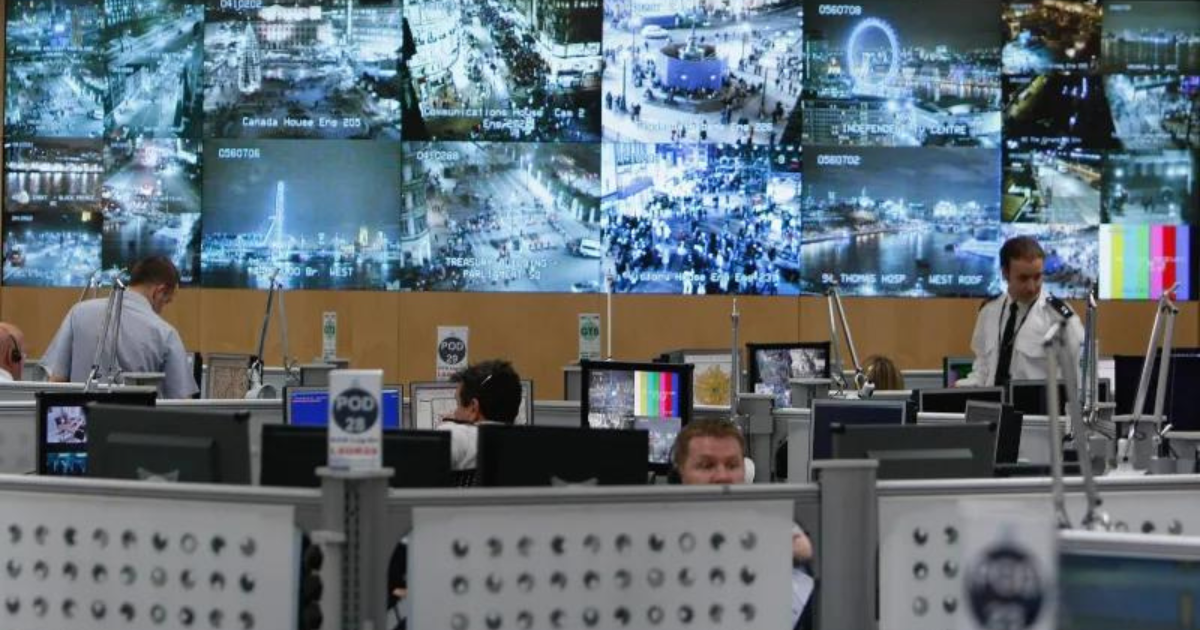The European Union Intelligence and Situation Centre (EU INTCEN) is a vital component of the European Union’s (EU) intelligence architecture, operating as a civilian intelligence function. It directly reports to the EU’s High Representative for Foreign Affairs and Security Policy, underlining its significant role in shaping the EU’s foreign and security policies.
Origins and Evolution
The EU INTCEN traces its origins back to the European Security and Defence Policy, specifically within what was initially named the Joint Situation Centre. After the tragic terrorist attacks on 11 September 2001, there was a compelling need to establish a framework for producing intelligence-based classified assessments. Leveraging the existing Joint Situation Centre, this intelligence function commenced its journey.
In January 2011, the EU INTCEN began delivering intelligence analyses, early warning capabilities, and situational awareness to High Representative Catherine Ashton and the broader EU decision-makers. Subsequently, it was officially rebranded as the European Union Intelligence Analysis Centre (EU INTCEN) in 2012, assuming its current designation in 2015.
Some Instances Where EU INTCEN Played A Key Role
The European Union Intelligence and Situation Centre (EU INTCEN) has played pivotal roles during critical junctures, notably in the aftermath of the September 11, 2001, terrorist attacks and the subsequent years:
1. Post-9/11 Intelligence Production:
In the wake of the devastating terrorist attacks on the World Trade Center in New York and the Pentagon in Washington, D.C., on September 11, 2001, the European Union recognized the imperative of enhancing intelligence capabilities to effectively respond to evolving security threats. This tragic event served as a catalyst for reevaluating and strengthening Europe’s intelligence framework.
The EU made a strategic decision to utilize the existing Joint Situation Centre as a platform for producing intelligence-based classified assessments. This move was instrumental in shifting the focus of the Joint Situation Centre towards a more robust intelligence-oriented approach. The EU INTCEN emerged from this transformation, dedicated to providing accurate, timely, and comprehensive intelligence analyses to inform policy and decision-making.
2. Facilitating Information Exchange:
In 2002, the Joint Situation Centre underwent a significant transformation, evolving into a vital forum for the exchange of sensitive and critical intelligence among several EU member states. Specifically, it became a platform for collaboration and information sharing among the external intelligence services of prominent European nations such as France, Germany, Italy, the Netherlands, Spain, Sweden, and the United Kingdom.
This evolution marked a fundamental shift toward closer cooperation and coordination in intelligence-sharing efforts, reinforcing the idea of a unified European approach to security challenges. The EU INTCEN, as a central component of this collaborative framework, played a pivotal role in facilitating these exchanges, thereby contributing to a more consolidated and efficient intelligence network within the European Union.
Budgetary Allocations and Financial Context
Understanding the EU INTCEN’s scope and impact necessitates a glimpse into its financial underpinnings. The Joint Situation Centre, a critical component of the European External Action Service, is allocated an annual budget ranging between 10 to 20 million euros. This budgetary allocation serves to fuel its intelligence analysis operations, highlighting the financial commitment made to sustain its capabilities.
However, it is imperative to recognize that the Joint Situation Centre’s budget is just a part of the larger financial ecosystem of the EU’s intelligence agencies. Data indicates that the EU’s intelligence agencies collectively operate within an annual budget framework ranging between US$6-8 billion. This financial scale underscores the magnitude of resources channeled into intelligence and security pursuits within the EU.
Role and Contributions to EU Security
The EU INTCEN’s multifaceted role significantly impacts EU security and policy formulation. One of its key contributions revolves around counterterrorism efforts. The EU INTCEN actively engages in assessing terrorist threats, aiding in shaping a collective assessment of these threats, and providing essential support to EU missions addressing terrorism beyond its borders. Furthermore, given the rising terrorist activity within Europe, discussions are underway concerning the potential establishment of a common EU Intelligence Agency to bolster counterterrorism endeavors.
The EU’s commitment to combating terrorism extends beyond assessment and analysis. Concrete measures, such as establishing a terrorist list, enacting regulations on weapon access, disrupting terrorist financing, and averting radicalization, form integral components of their anti-terrorism strategy.
Intelligence and Strategic Reporting
Another dimension of the EU INTCEN’s functionality lies in its capacity to collate, analyze, and disseminate strategic intelligence. It is closely related to the European Strategic Intelligence and Security Center (ESISC), a body specializing in intelligence collection and analysis. The ESISC is pivotal in producing geopolitical, economic, and security reports, tracking various threats including terrorism, organized crime, and piracy. The symbiotic relationship between these entities enhances the EU’s capacity to anticipate, prepare for, and counteract evolving security challenges.
Economic Context and Public Perception
Lastly, it’s vital to acknowledge the economic significance and public perception of the EU, which fundamentally underpin the EU INTCEN’s operations. As of 2018, the GDP of the EU-27 constituted a substantial 18.6% of the world’s GDP in current prices, emphasizing the EU’s economic clout on the global stage.
In terms of public sentiment, a median of 67% of surveyed citizens from 14 EU member countries held favorable views of the European Union in 2019, showcasing a strong base of public support.
Conclusion
The EU INTCEN stands as a critical pillar of the EU’s intelligence apparatus, dedicated to enhancing security, countering terrorism, and generating strategic insights. Its role in shaping EU policies and its contributions to global security underscore the importance of investing in robust intelligence capabilities. The financial commitment, alongside the broader economic and public context, further emphasizes the significance of intelligence functions within the European Union.






